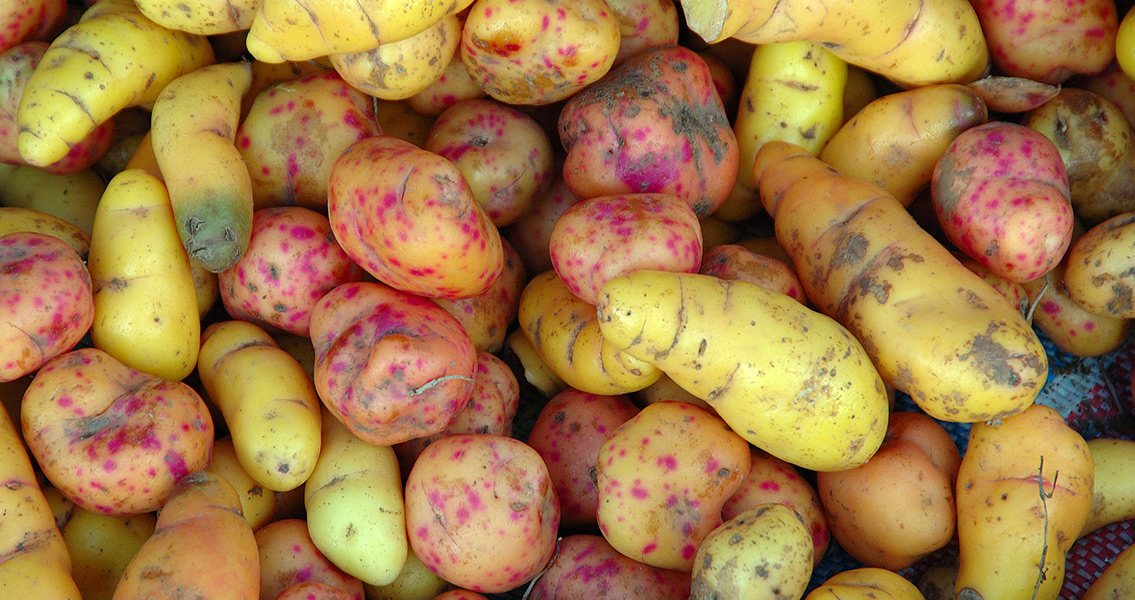<![CDATA[It is widely accepted that the addition of meat to our ancestors’ diet contributed greatly to the evolution of the brain into the complex organ it is today, but for the most part the role of carbohydrates has been overlooked. What’s more, in recent years carbohydrates have been somewhat demonised as a major contributing factor for obesity. A new study, however, is suggesting that carbs, specifically starches, have had a significant role to play in the evolution of the human brain over the last million years. Lead author Karen Hardy and her colleagues analysed archaeological, anthropological, physiological, anatomical, and genetic data in order to prove their hypothesis that starchy foods were no less important than animal protein for making humans smarter, reports Phys.org. The researchers argue in their paper, aptly named “The Importance of Dietary Carbohydrate in Human Evolution”, that starch-rich foods were essential for satisfying the increased energy needs of the growing human brain during the Pleistocene period and later. The digestion of carbs was helped by the development of cooking, which transformed many foods rich in difficult to digest carbs into a form that ensured easier digestion and subsequently higher levels of blood glucose – an essential development because the brain consumes as much as 60% of blood glucose, as well as a quarter of the body’s overall energy needs. Another argument in favour of starchy foods having played a key role in the evolution of humans is that they contributed to the expansion of our lung volume and to “successful reproduction”. Hardy et al note that a modern human needs a reliable source of what are called glycemic carbohydrates – carbs that can be metabolised into glucose – to support the function not just of the brain, but also of the kidneys, red blood cells and the tissues of the reproductive organs. Although there is still a debate on whether carbohydrates are essential for the proper functioning of the body, seeing as glucose can be synthesised from other food groups such as fats, evidence seems to point towards a certain necessary minimum of glycemic carbohydrates – 30g to 50g daily – in order for the brain to function properly. Starchy foods, such as potatoes and some seeds and nuts, are a widely available source of glycemic carbohydrates. Evidence from archaeological sites around the world shows that tubers, seeds, and nuts were often found in abundance in areas occupied by early hominins, which would have made them a readily available source of nutrition. Alongside cooking was a genetic evolution which aided human's consumption of carbs. Hardy and her team found that salivary amylase – the enzyme that is crucial for the breaking down of carbohydrates into sugars – is present in around six gene copies in modern humans. To compare, other primates have it in just two gene copies. While the exact point in time when this multiplication of amylase-bearing gene copies occurred remains uncertain, genetic evidence suggests it was some time in the last million years. In other words, cooking, the addition of carbohydrates to the human diet, and the increase in gene copies responsible for amylase in the salivary glands happened or evolved at around the same time, spurring the rapid growth of our brain size in the last 800,000 years. For more information: “The Importance of Dietary Carbohydrate in Human Evolution” ]]>
Carbohydrates Helped Make Humans Smarter
